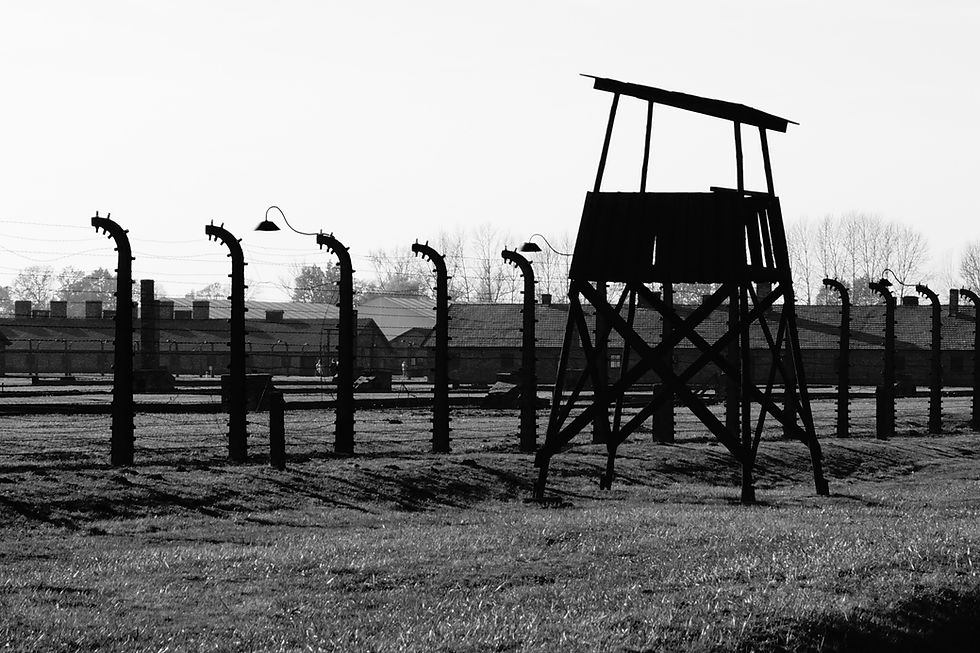A Word About Remembrance
- Naomi Bielicki
- Jan 2, 2024
- 3 min read
A silent night. Hearts cold as ice, numbed by a frost that would have felled any person with a similar story. A young woman looks up into a clear sky littered with stars. But it is far from home where she now is, having left behind her parents, her childhood home. She had hoped in vain to escape the terror of Germans invading her home, like so many others. But it wouldn’t let her be, instead following and persecuting her to wherever she was. She survived. Later, having emigrated to Israel, she would as a psychiatrist try and heal wounds of war and murder. Wounds which she herself only processed long after what had happened. Wounds like maybe those she suffered on this night.

It was in the summer of 1942. There is probably no one left who knows exactly what happened. Few books have been written by or about her. But Vitka was there. She was there when a flash of light appeared, when a train derailed. She had thrown the grenade. It was the first act of sabotage by a group of Jews that would rather answer murder and extermination with armed resistance than to give in peacefully.
On the 27th of January 1945, according to the Christian calendar, Auschwitz was liberated. Since then there have been annual acts and services of remembrance towards those butchered during what is called Shoah, Porajmos, Holocaust and probably many other names. Our pain and sorrow demand space, so do our empathy and solidarity with those who suffered equally. It needs to be acknowledged and allowed to be expressed instead of being hidden away. But like all these days there is a lingering feeling of being patronised.
Any Jew who went to a German non-Jewish school knows all the numbers, dates and laws about how we as a group were persecuted and butchered. Or how who was liberated out of the numerous camps - whatever their names and purposes. Liberated … as if all we were was a passive people, at least until the founding of Israel, who in their quaint little shtetls made funny music while patiently letting pogrom after pogrom just happen around us. At least until some good people liberated us from history’s cycle. It is true, we were likely too few to stop the Germans and their allied murderers by ourselves. But that doesn’t mean we tried.
In Auschwitz, Sobibór, Treblinka, Warsaw, Białystok and Vilna Jews resisted. In the woods, all the way from France to Russia, as partisans Jews resisted. In every allied force as soldiers Jews resisted. Even in Germany itself the Jewish history was all but passive.
This text will never give me enough space to detail the history of the Jewish resistance against our extermination. After all, it has its roots in the beginning of our history and has left its marks ever since. But I still want to help keep it alive. Because it is a history that we should never forget, lest it be purged from the memory of our community. For our sake as pillar of hope, faith and the simple joy of living. But also for the murderers as warning. For never have the Jewish people just surrendered themselves to whatever fate its butchers had in mind for it.
The uprisings in the extermination camps might not always have helped others escape. But they made the guards and the SS wary and fearful of those they thought passive. Reminded them that their acts would not go unanswered. It was such an answer that Vitka gave as in 1945 she and other Jewish fighters came into Vilna as liberators. Just as Rock, Chaka, Hanah, Isabella and thousands of others did.
May their names too be a blessing to us.




コメント